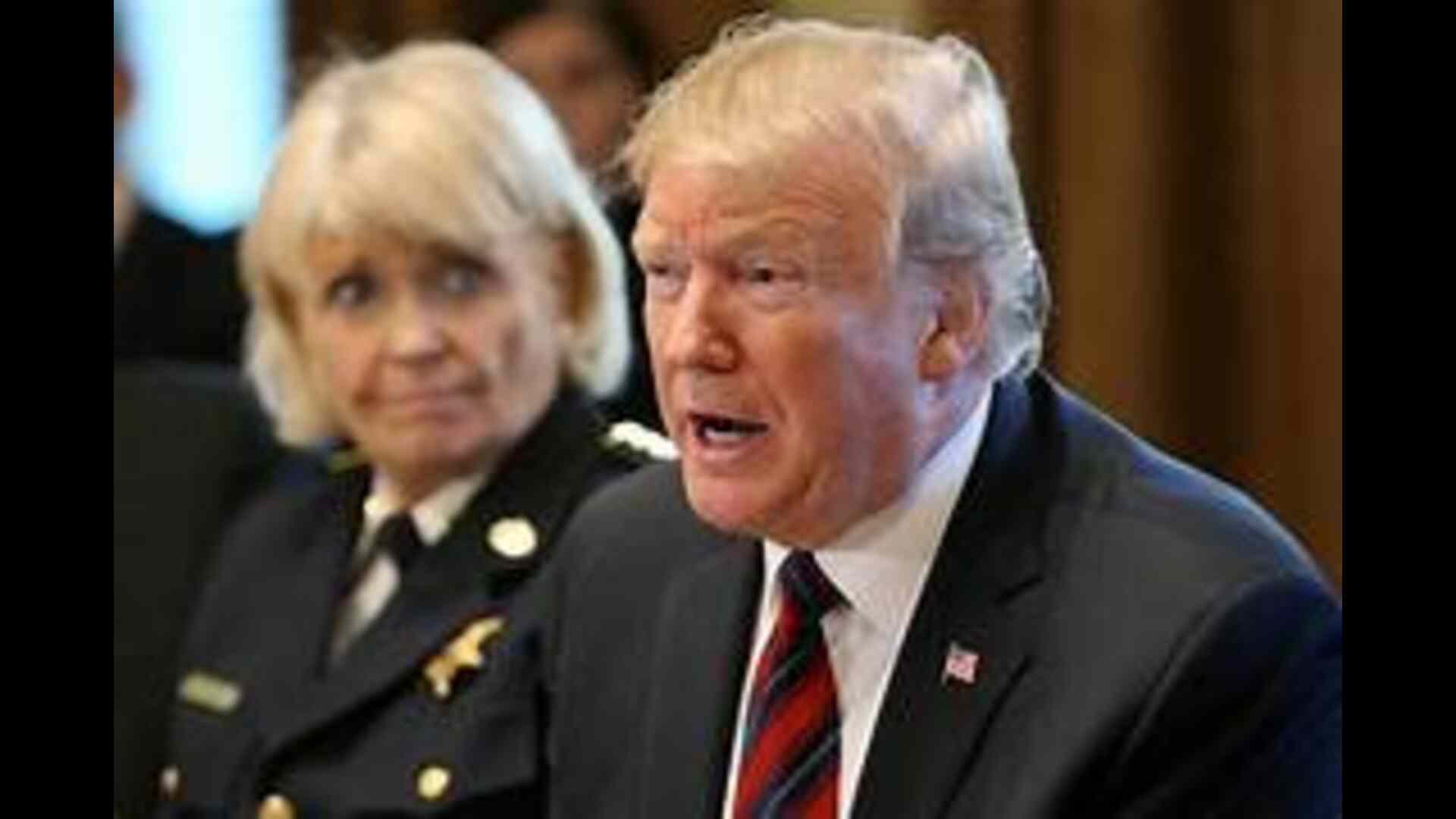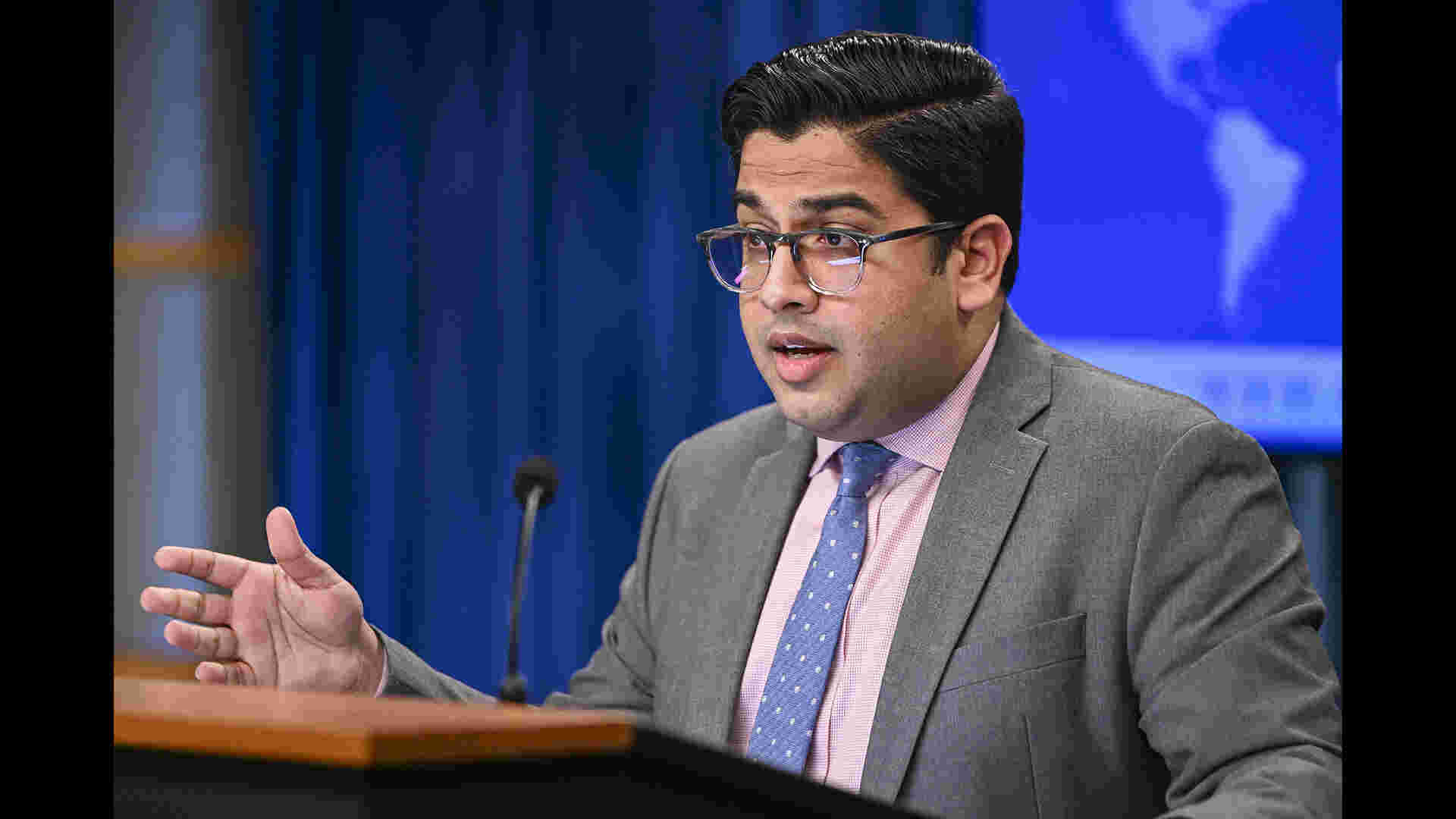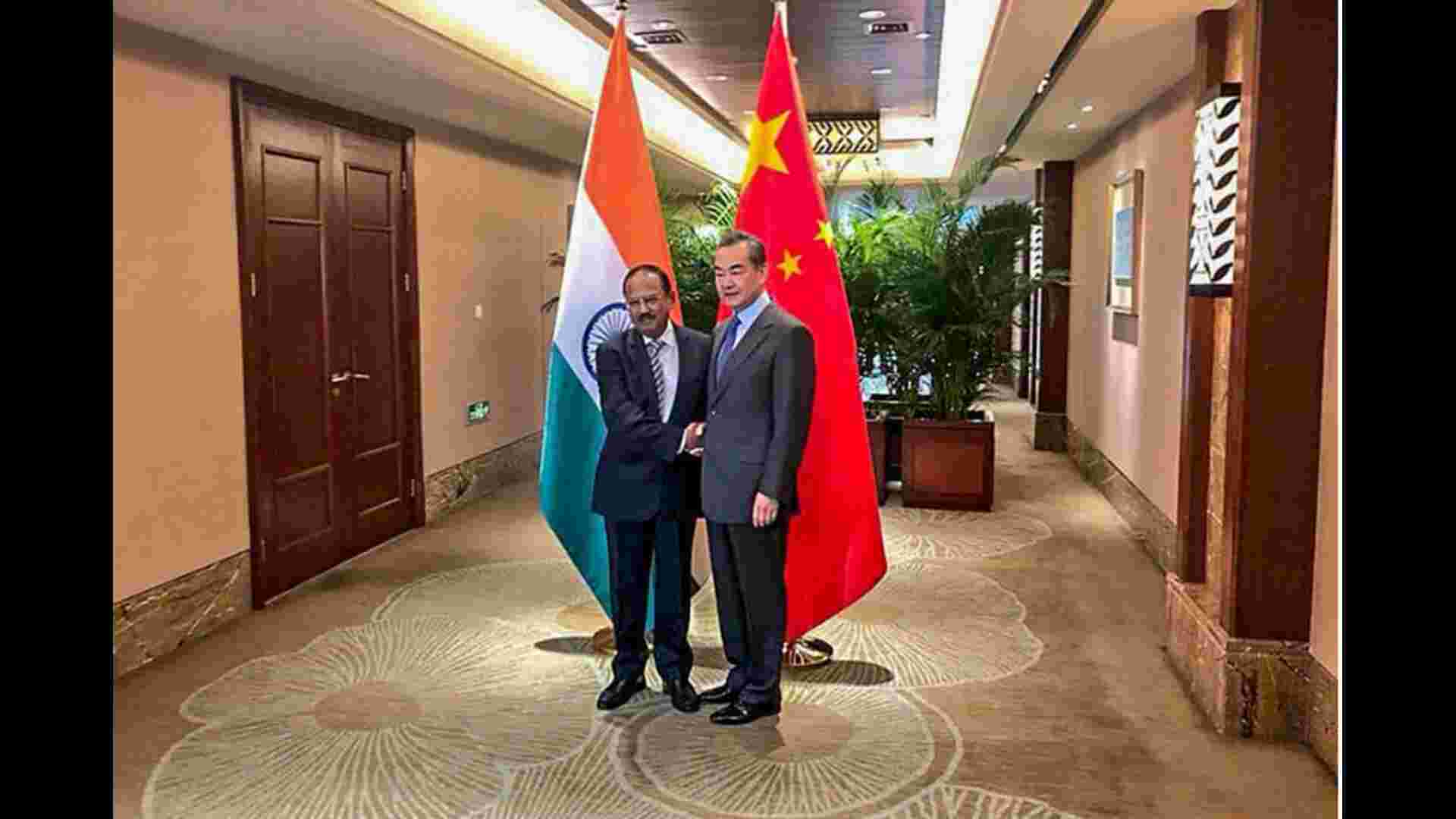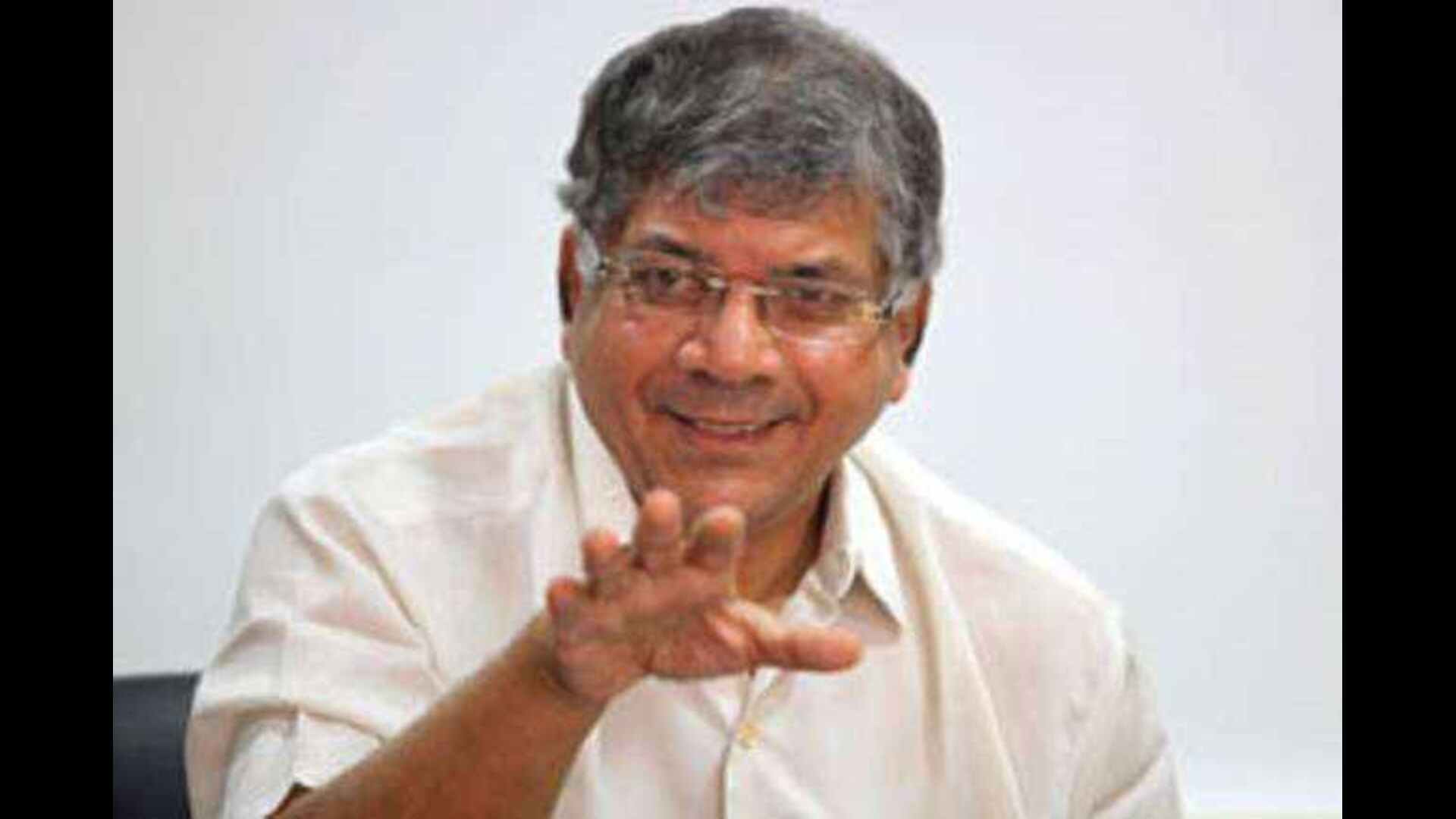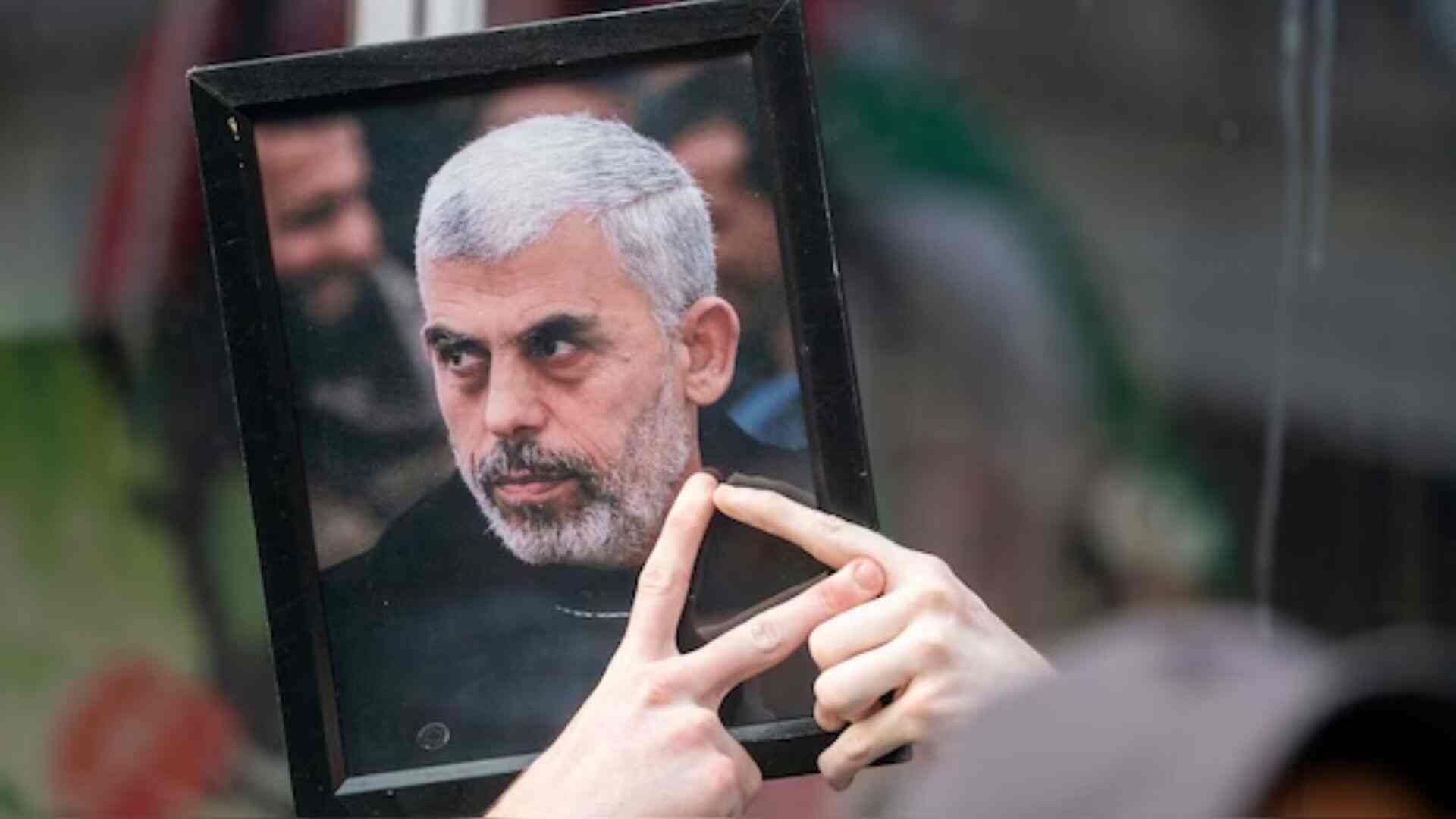
On Friday, Lebanon-based terror group Hezbollah announced that its conflict with Israel has entered a “new phase,” following the confirmation of Hamas chief Yahya Sinwar’s death in an Israeli airstrike in Gaza.
Sinwar’s killing may significantly impact the ongoing West Asian conflict, especially as Israel prepares for a retaliatory strike against Iran, which is anticipated soon. Sinwar was the architect behind the October 7 attack that escalated the hostilities.
While Hamas has yet to respond to Israel’s announcement, Iran expressed its condolences for the Palestinian militant leader through its UN mission. Many had hoped that Sinwar’s death might lead to a resolution of the conflict; however, Israeli Prime Minister Benjamin Netanyahu stated, “our war has not ended yet.”
Also Read: Mahmoud al-Zahar Leads the Race: Who’s Next In Line To Succeed Yahya Sinwar?
Hezbollah’s operations room released a statement on Friday, indicating that its fighters have deployed new precision-guided missiles and explosive drones for the first time. This statement likely refers to a drone loaded with explosives that successfully navigated Israel’s multilayered air-defense system and struck a mess hall at a military training camp in Israel, resulting in four soldiers’ deaths and numerous injuries.
Earlier this week, Hezbollah also reported firing a new missile type, the Qader 2, at areas near Tel Aviv. Additionally, the group’s air defense units claimed to have shot down two Israeli Hermes 450 drones this week.
In light of Sinwar’s death, world leaders have urged for the release of hostages held by Hamas in Gaza. On the other hand, UN Secretary-General Antonio Guterres refrained from celebrating Sinwar’s elimination, echoing his previous stance of not labeling Hamas as a terrorist organization following the October 7 attacks.
